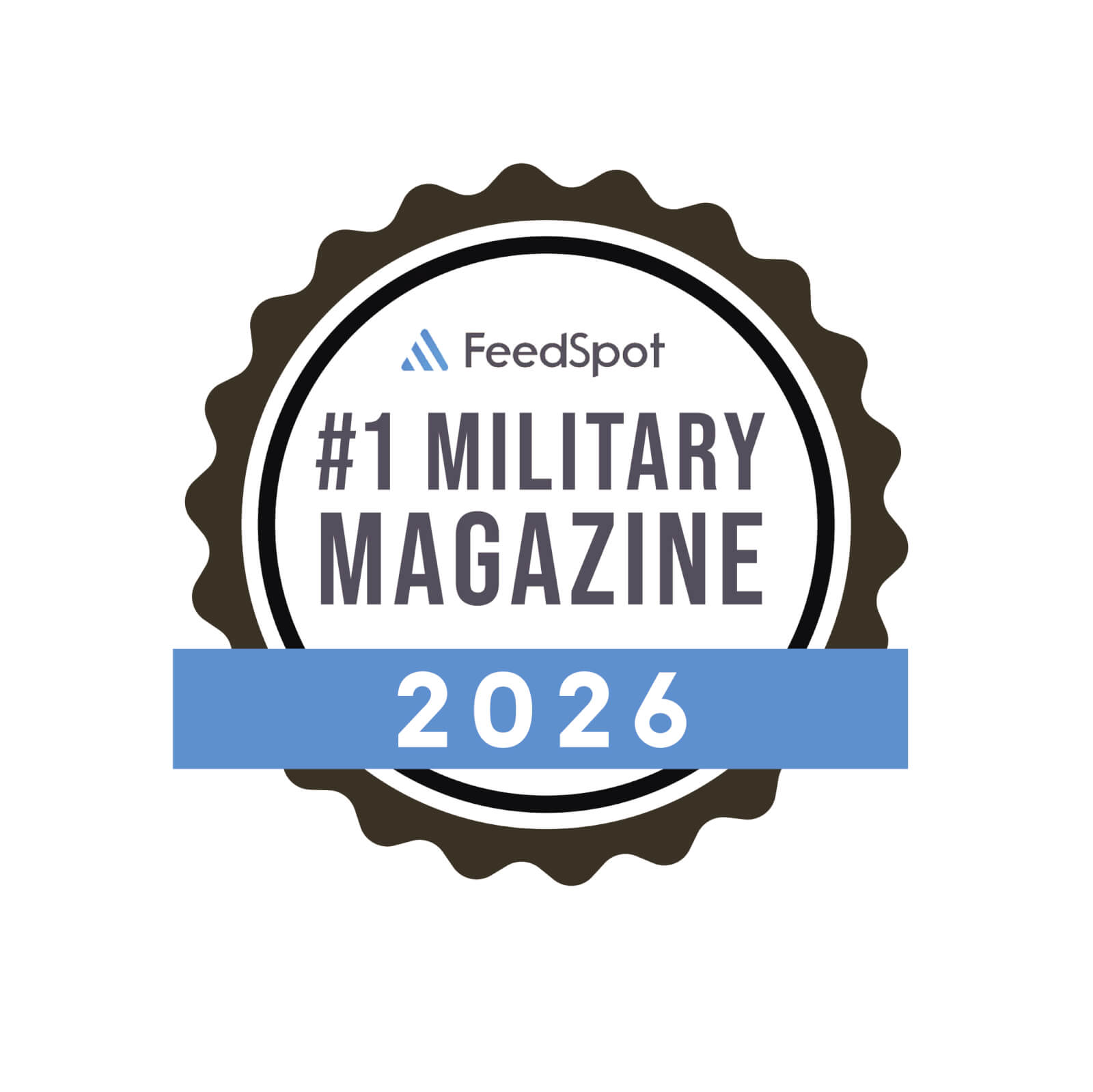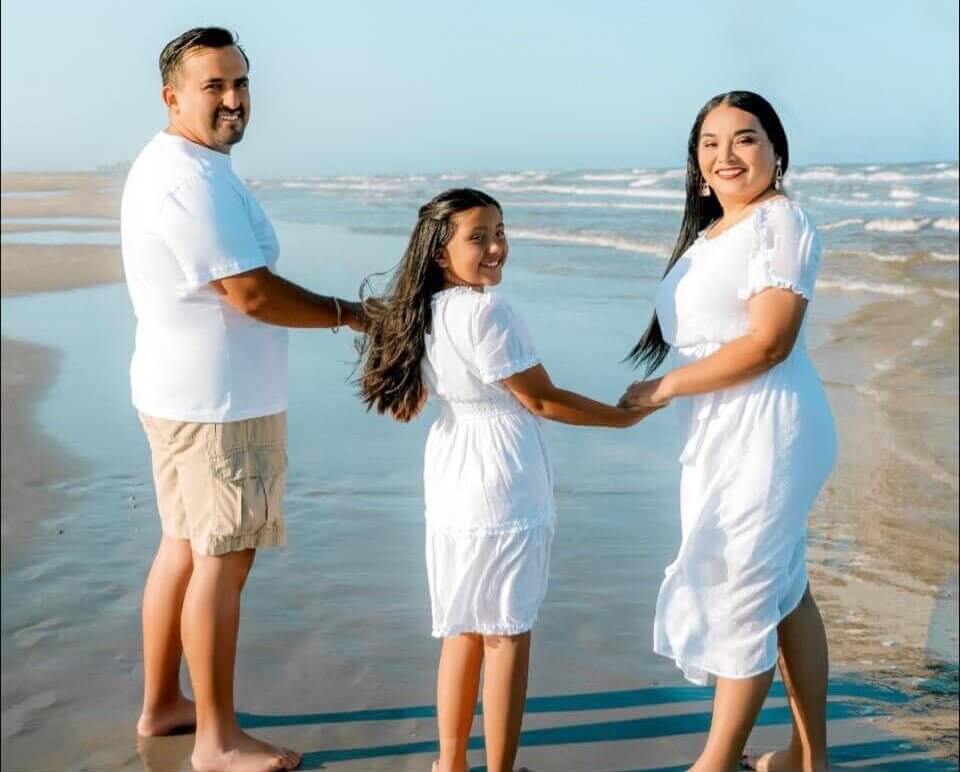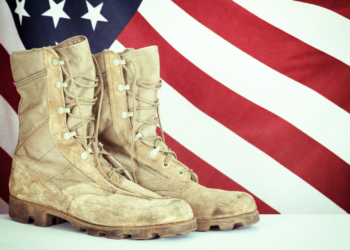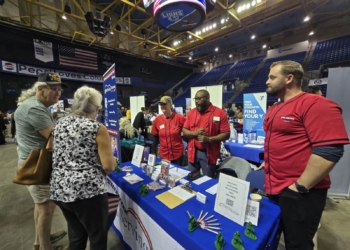More than 1.6 million Hispanics and Latinos are part of the military, including veterans, and 47% cite financial struggles as a top transitional challenge. The spouse of a Navy veteran is working to change cultural norms surrounding the topic of money.
Many military families who identify as Latino have cultural values like machismo, where males are predominately responsible for financial leadership in their family. But Carla Vasquez-Angelez, a Mexican-American military spouse and mother, has a powerful message for her community: financial knowledge is for all genders and for everyone.
Vasquez-Angelez’s mother and grandmother were also military spouses. She grew up surrounded by traditional Latino values like respecto, personalismo, and familismo. After becoming an LPC (licensed professional counselor), working in social service for 15 years, and earning a doctorate in education (EdD), she now counsels service members, veterans, and military spouses in the Corpus Christi area to improve their access to financial education.
In a video interview, Vasquez-Angelez explained Latino communities have unique obstacles to financial education. For example, bank documents and financial literacy classes are rarely offered in Spanish. Many Latinos see debt as something negative but lack an understanding of “good debt” that can increase future assets. The immigrant community often sees money as a necessity for immediate survival, not a tool to be saved for the future.
“The Latino community has historically been discriminated against when applying for loans or credit. Latinos are often a target for predatory loans and higher APRs. These challenges have created generational financial trauma or shame,” Vasquez-Angelez said.
These predatory practices have caused Latinos to distrust anyone outside their community, even a financial institution. Instead, Latino communities rely on members of their own family or community who are seen as credible sources for financial advice.
Vasquez-Angelez says the cultural value of personalismo plays a role in who is seen as credible or trusted.
“Latinos value formal politeness and relational engagement before establishing trust,” she says, making it important for financial planners and educators to study Latino culture and meet people where they are.
“While a Latino may have respect for a financial educator, that respect will not become trust until they view them as someone who cares about them on a personal level,” Vasquez-Angelez added.
Although Vasquez-Angelez is familiar with Latino cultural norms on a personal and a professional level, she doesn’t feel they define her future, as it did for her mother and grandmother. They were both homemakers, expected to “operate within a financial budget their spouse provided them as a service member.”
Vasquez-Angelez, however, says she is completely changing the model.
“I don’t see financial situations as uncomfortable. I don’t have shame discussing it in my marriage or relationships. I want to model for my daughter that she can acquire financial knowledge, use the resources available, and make smart decisions.”
How does Vasquez-Angelez promote her more modern view of financial education when counseling military clients? She begins with cultural awareness that may have shaped a client’s thoughts, emotions, or beliefs about finances.
“I work with members to identify connections between how their cultural values and norms have either served them in meeting their financial goals or what beliefs have hindered their financial growth.”
Trusted financial education for the military
Branch-specific services: Army Financial Readiness Program, MyNavy Financial Literacy, Airman and Family Readiness Centers, etc.
Office of Financial Readiness hosts articles about budgeting, saving, and managing money, including Milspouse Money Mission.
Military OneSource offers free financial counseling, calculators, and info on military benefits.
GoVA has free financial education courses and interactive tools for service members, veterans, and spouses.
Read comments


























